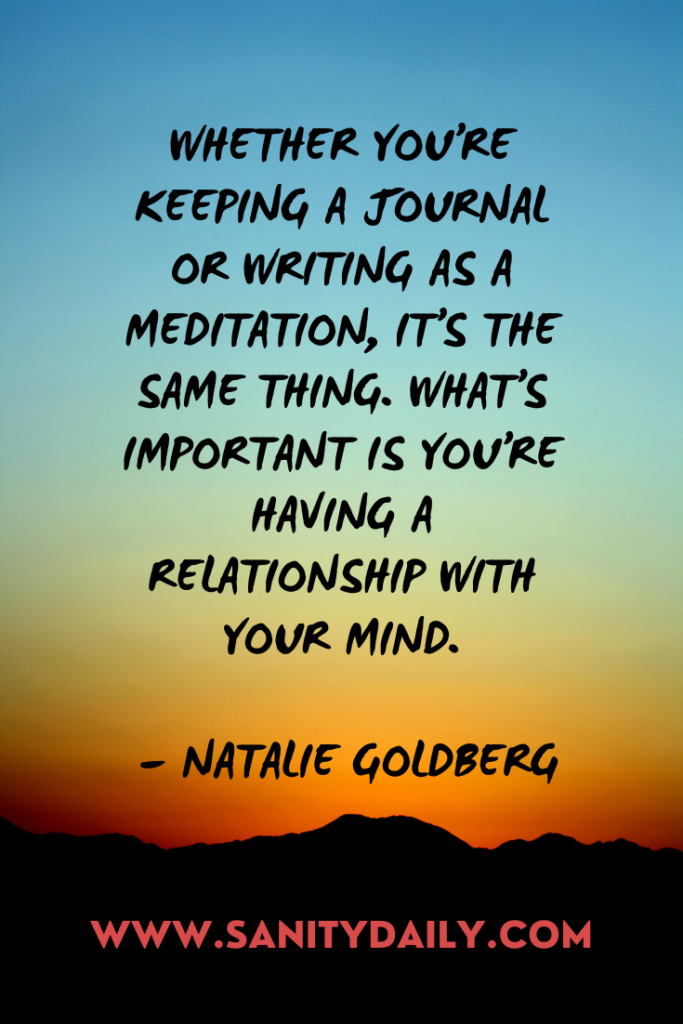Do you know? Journaling for mental health could lead to drastic psychological benefits. Now journalling does not mean you have to decorate your diary, put a fancy label, use colorful pens and markers, dry flowers, and leave that to Instagram influencers (pun intended).
I know, almost everything has lost its real essence in today’s digital world. Due to this many of us get misguided and fail to understand that all we need to do is stay “REAL” and “BE OURSELF”.
Journaling, in easy words, is writing down or recording your thoughts and feelings. It is believed that when you vent out your feelings on a piece of paper and make it a habit, you allow yourselves to acknowledge your thoughts.
This acknowledgement not only helps you to enhance your awareness about yourself but also creates room for self-improvement.
In this blog, I am going to share 5 psychological benefits of journaling for mental health. And you will discover that it is one of the easiest and cheapest ways of spending some me-time and understanding yourself.

5 Psychological Benefits Of Journaling For Mental Health
You might think that how maintaining a journal can help to improve your mental health, but research shows that when you put your creative side to work when you sit to write, you actually sit with your thoughts. This creative outlet enhances your sense of well-being and boosts your mood. It is also known as Writing Therapy.
Maintaining a daily journal can change your life in many ways. This is not something I am saying just for the sake of sharing some information, but I have been maintaining journals for a decade now and I have personally experienced its benefits.
1.) Maintaining a journal helps you to reflect. For example: If you have been writing about how something/someone made you feel, over the period, you might observe a pattern and once you open-mindedly reflect on those patterns, you will discover how you have been doing the same thing, responding in the same manner in every situation coming your way, to get the same output every time.
Now, this is just an example but yes, you can understand a lot more about yourself when you regularly maintain a diary with you.
2.) Journaling for mental health might also change the way you talk to your inner self. It is natural that we often speak in a negative manner to our inner-self and believe in what others say about us. However, it is important that we change the way of our inner dialogue, by reframing the context and self-concept.
This way, we become resilient towards any critical words coming our way at the workplace or by any of the family members.
3.) It helps you to prioritise what matters. It helps you to accept your fears, when you write down your raw feelings, you will be able to identify a blockage, something very prominent that holds you back every time. And with your daily habit, you might be able to draw some lines and crack the code for yourself.
That’s when you also learn to prioritise your feelings, and your work and reduce the unwanted clutter from your mind.
4.) It helps you to spend some quality me-time. I feel very relaxed and cathartic when I sit in my diary and write a few things. Sometimes I just free-flowingly write out my thoughts and feelings in the form of a poem. It helps some feel lighter.
5.) Journaling for mental health is very beneficial if you feel stressed, anxious, or have any underlying mental illness. It helps you to take note of your triggers and also alerts you. It helps you understand your patterns more closely and might help you to work on them to prevent yourself from the triggers and save yourself some sanity.
Sounds good, eh! But all this will only work when you will make it a habit. When you will dedicate a few minutes from your daily routine and sit with a journal.
5 Prompts for Journaling For Mental Health
Now, if you are wondering how, to begin with? Let me help you walk through the initial few steps, you can begin your journaling with a diary/notepad, or you can choose a pen or pencil and use any of the below prompts, to begin with:
1.) You can describe your feelings and emotions about a particular thing or a person.
2.) You can write about what makes you feel anxious and sad
3.) You can mention a few things you are grateful for
4.) You can write some positive self-affirmations
5.) You can make a note of your daily routine and sit with yourself for a while.
I hope you find this post useful and that it will help you start your journey of journaling for mental health.
Love and light,
Priyanka
……………………………………………………………………………








